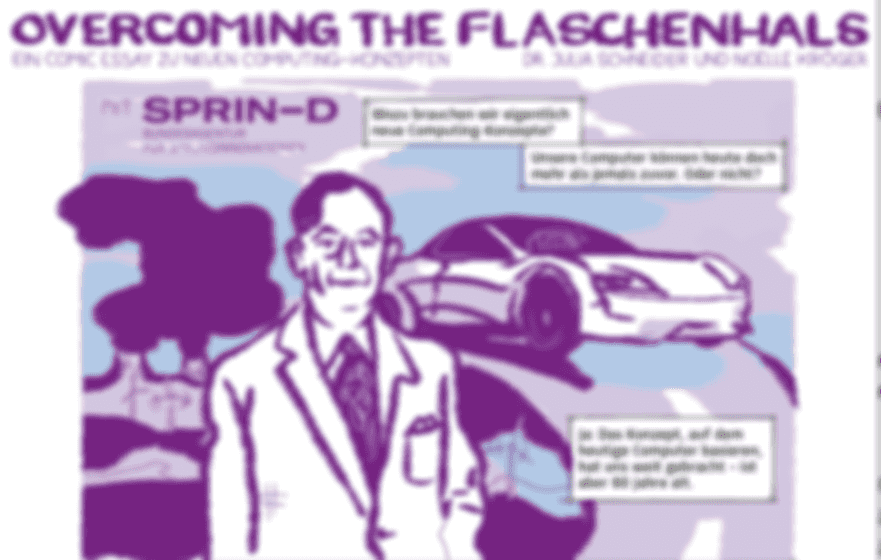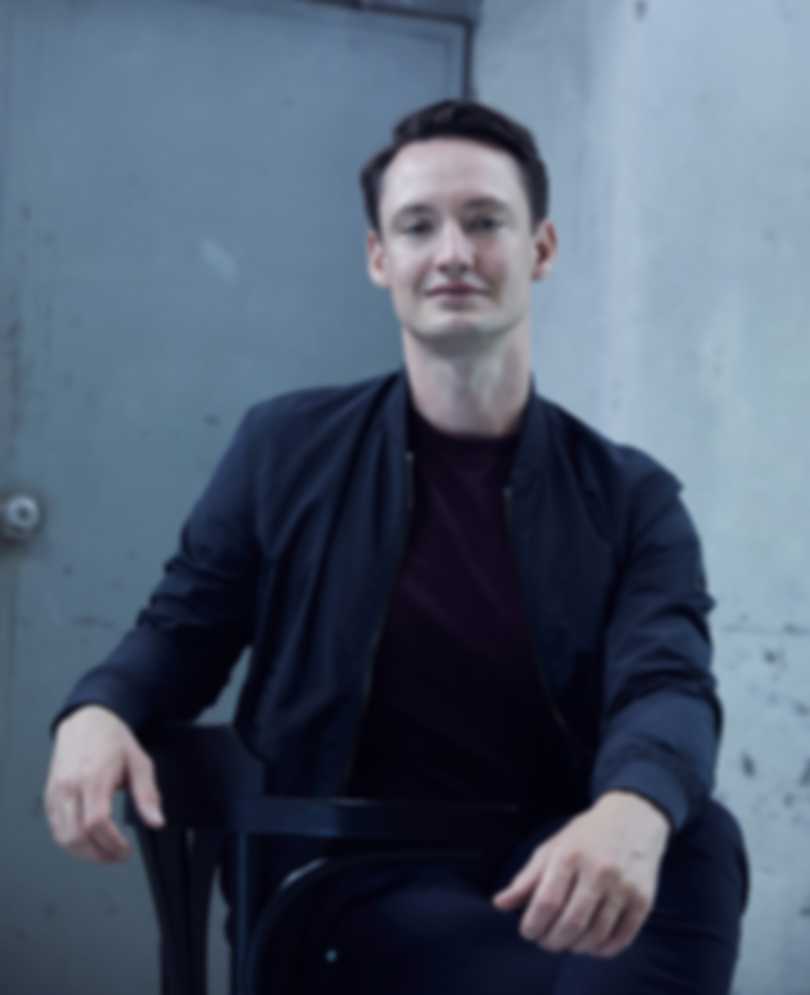Your Challenge:
New Computing Concepts

In a digital world of the future, everyday life and the working world around us will be permanently supported by artificial intelligence. Data from countless sensors and actuators are read out by the smallest computers, processed, merged via a network of data links into larger nodes with more computing power, interpreted, fed back. They change, control, support, move our lives. In between sit huge data centers that take on the big tasks, manage and direct data, train artificial brains and solve complex scientific problems.
But this vision of a connected world currently comes at a high price. If global energy consumption for computing and communications increases at the same rate as it has been, it will take up the entire, global capacity for energy production as early as 2040. Energy consumption has been falling for a long time - because chip structures have become smaller and smaller. But this is where developments are now reaching their physical limits.
In order to implement our visions for the future - from autonomous driving to computer-aided drug development to intelligent control of countless renewable energy sources - fundamentally new computing concepts must therefore be found.
00:00
The challenge: to develop computing approaches that promise a significant reduction in resource consumption in terms of energy, time or space, or to address issues that have not been solvable to date.
The goal of the Challenge was to develop fundamentally new computing concepts in theory and gradually transfer them into practice. The approaches must achieve high leverage in application. Either a specific problem with a high occurrence in application should be solved, for example the solution of partial differential equations, or a specific problem whose solution promises a significant gain in knowledge. Likewise, a generalist approach can be developed.

It is clear to us: Teams participating in this Challenge are fully challenged. We at SPRIND therefore provide intensive and individual support. The challenge started in November 2022. In the first stage, the teams were funded with up to €250,000 over nine months and received additional funding as the challenge proceeded. The challenge was completed in July 2023. Our central concern as SPRIND is to bring ideas with the potential for a breakthrough innovation to market for the benefit of all of us. That is why SPRIND continues to support projects with disruptive innovation potential even after the Challenge has ended.
OVERCOMING THE FLASCHENHALS
In order to realize our visions for the future, we need entirely new computing concepts. In a comic essay, Dr. Julia Schneider and Noëlle Kröger address this need.

Do you have any questions about the Challenge? Write to us at challenge@sprind.org.

